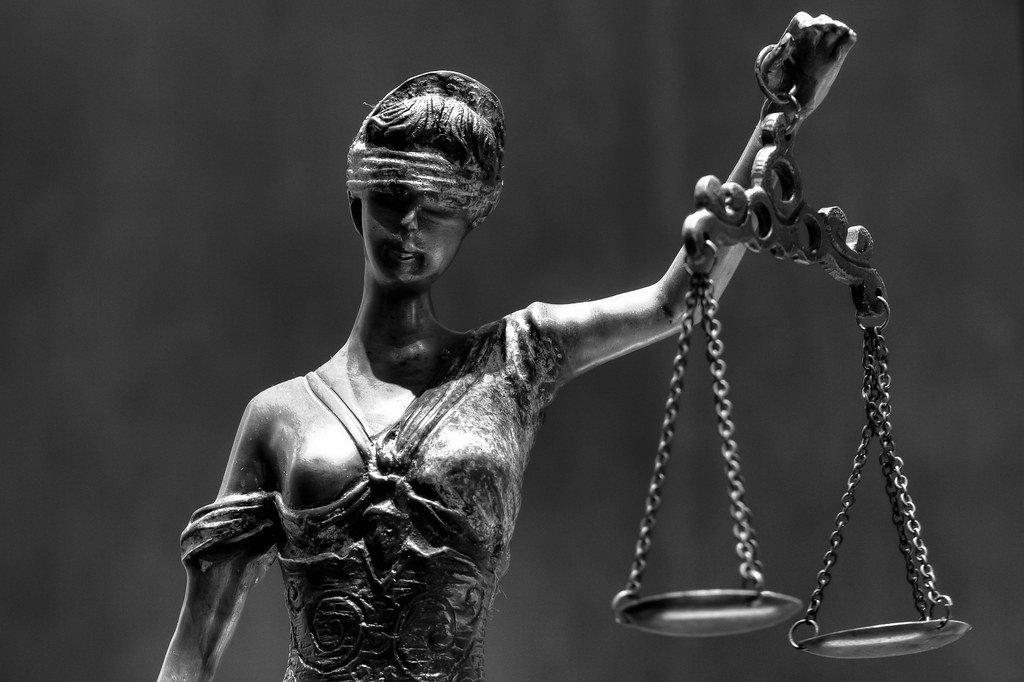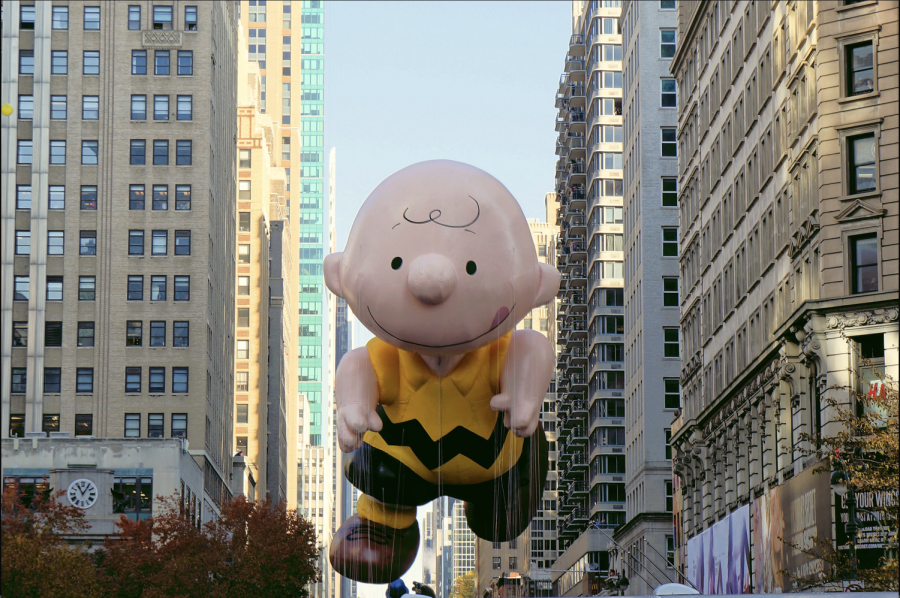The newest Netflix sensation sweeping our nation is 13 Reasons Why. Based on a novel written by Jay Asher, the show takes place in our modern day and portrays the lives of high school students at Liberty High and their involvement in a peer’s suicide.
The popularity of the show among college students is notable because it was a widely known novel back when us millennials were in grade school and middle school. It has not only captivated the interest of our generation, but the social issues laden throughout the season’s episodes are ones relevant to problems in our current society.
Hannah Baker is a high school student who had unexpectedly, to her friends and family, committed suicide for 13 very specific reasons, or rather, due to 13 specific people.
As viewers, we find out, similar to the rest of the tape receivers, episode by episode, or in their case tape by tape, who the perpetrators were in Baker’s narrative and instances that led to her final decision in life.
The praise from viewers has given the show and its topics a spotlight on the national stage yet again. The social issues depicted in the series include not only suicide, but also rape, victim-blaming and drug and alcohol abuse. Critics are seeing two sides to the show’s display of these issues. Some argue that the show glorifies the idea of revenge suicide to those who did you wrong. In the show Baker dies knowing the peers who ruined her life would forever live with the consequences and emotional burden of their actions.
Having the “last word” and messing with those who meddled with you sounds like the ideal plan of vengeance. Some high schools in the country have attempted to put a ban on the Netflix original because of its portrayal of these instances.
Could this potentially give depressed teens with hate on their mind a terrible idea? Mental Health Specialist Chris Laughlin of Acadia Hospital says no. In an article written by Taylor Kinzler, “Does ‘13 Reasons Why’ Glorify Suicide? Mental Health Experts Weigh In,” published by WABI TV Laughlin said, “Ignoring and banning the show’s powerful message is wrong, it’s a window to an opportunity to have some tough conversations.”
Laughlin argues banning the show could do more harm than good. If teens are struggling with thoughts of depression and suicide and witness this show they could potentially have an easier time opening up and discussing the topics that are popular in the media since the series’ release.
But suicide is not the only topic society has raised awareness about since the March 31 release date. The often-stigmatized topic of rape is constantly addressed throughout the Netflix original. Not only was Baker a victim of sexual assault, but another student in her class was as well. When Baker attempts to open up to someone about the incident, she is questioned, making it seem as if it could have been her own fault.
This was a critical point in the show not only for Baker but also for the viewers. It should act as a lesson that when someone opens up about sexual assault or rape the first thing we should do as recipients of this information is listen. We should also make no judgments or questions that imply it could have been prevented by the victim.
Adapting your communication to a situation could change someone’s life, as displayed in the show. If the person to whom Hannah had entrusted her story had not first asked if she could have done something differently in the situation, her life may have been saved.
13 Reasons Why may have the potential to create active conversations about mental health, teen suicide and rape going between family members, friends and even counselors.
Though some of the content may glorify her actions, the basis of spreading this information to impact our society is positive because it helps suicidal or depressed teens know they are not alone in their struggle.
Like Baker said in the show, “no one knows for certain how much impact they have on the lives of other people.” Be conscious of your impact and lead with kindness, because not a single person should feel as if they are alone in this world.










